The body has in-built mechanisms to fight viruses and infections in the form of anti-microbial white blood cells that sit within the immune system. The immune system, however, needs to be cared for and supported nutritionally to ensure it is fighting fit during these challenging times.
Clinical nutritionist Suzie Sawyer shares her top nutrition tips for protecting your body from unwanted invaders.
Increase your intake of vitamin C
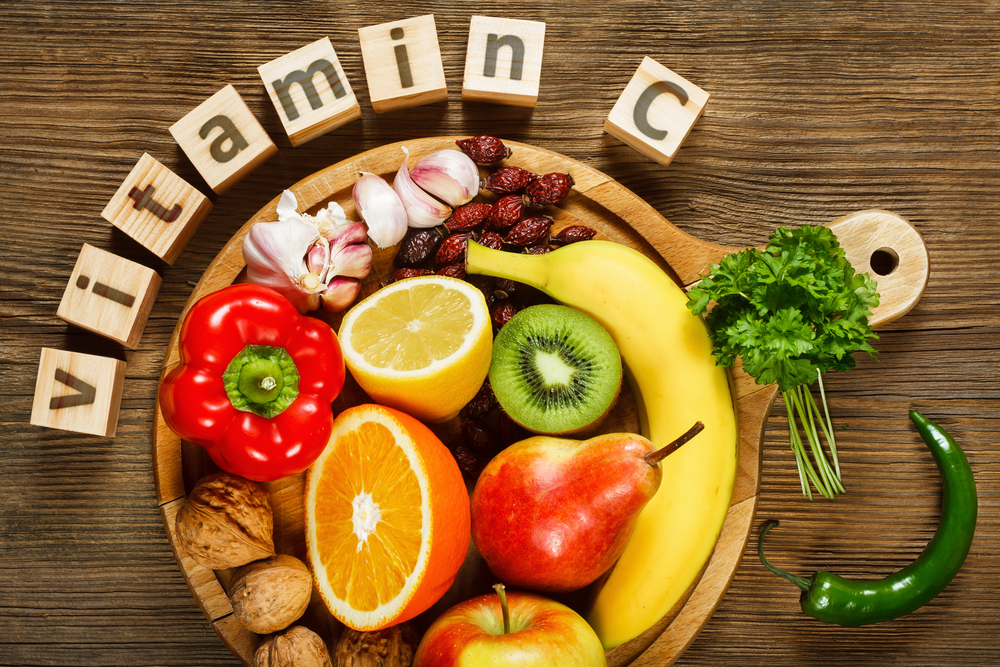
Vitamin C is one of our key anti-viral nutrients. It uprates production of natural killer cells – our first line of defence – as well as fulfilling other key functions within the immune system. While vitamin C is not going to cure a virus, having strong immunity will put you in better to shape to fight it if you’re unlucky enough to succumb.
All fruits and vegetables are the richest sources of immune-boosting vitamin C so load up on them as much as you can. If you’re used to having pasta-based meals, then why not have more vegetable-based ones? Try a sweet potato curry (loaded with immune-boosting beta-carotene), roasted veggies with chicken, fish or tofu or cauliflower curry. Make some fajitas with avocado and red peppers – it’s all about getting more creative with your daily menu.
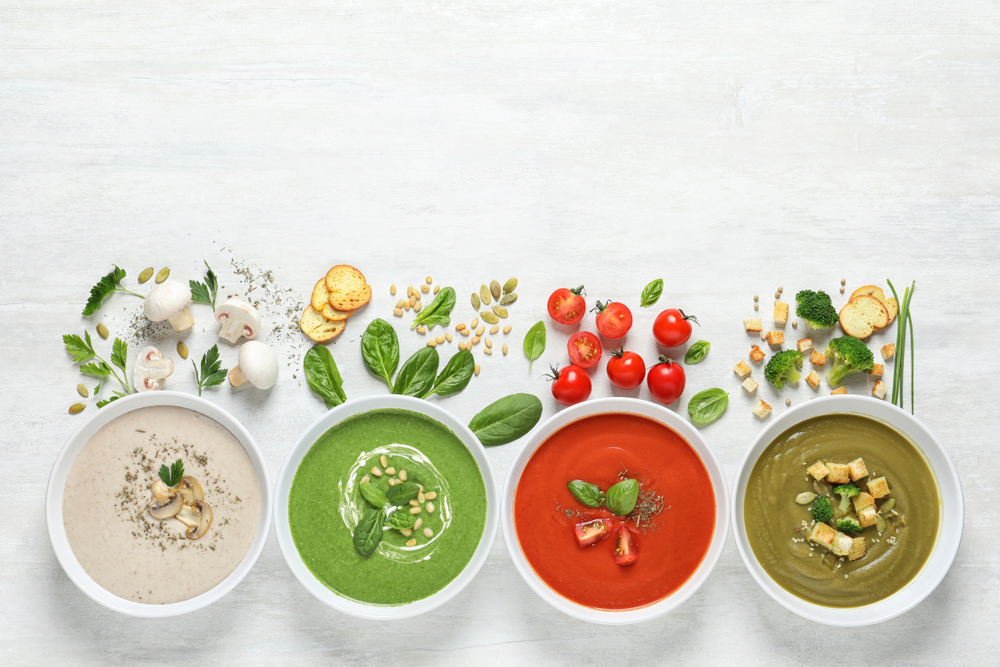
Why not make some tasty soups with any vegetables you’ve got lurking in the fridge? Potatoes, leeks, courgettes, onions, parsnips, sweet potatoes – just use whatever is handy, boil up with some stock and blend it. It’s such an easy way of increasing intake of vitamin C. Plus, don’t forget that frozen fruit and veggies are great too: as they are frozen soon after harvest they still retain most of their nutrients.
The other key point to remember is that vitamin C is water-soluble and lost quickly from the body, so levels need topping up regularly. Try to ensure your plate is rich in colourful fruits and veggies at every meal for the best protection.
Take a vitamin D supplement
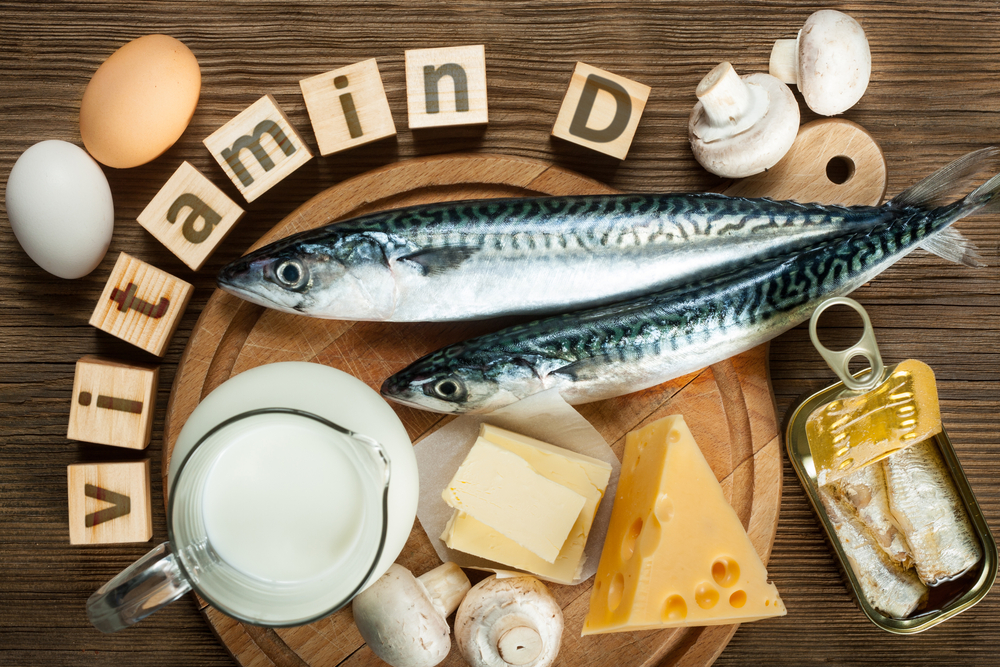
We are all advised by Public Health England to take a vitamin D supplement through the winter months. And now they have updated their advice regarding Corona virus and vitamin D, advising everyone to take at least 10 micrograms daily as we are spending so much time indoors. Vitamin D is essential for the immune system and is another one of our key anti-viral nutrients. It is made on the skin in the presence of sunlight and though we are starting to see more sunshine in the UK, we still need more vitamin D than can be produced on the skin right now.
Vitamin D is a very inexpensive supplement to take. Better still, take a daily multivitamin, which includes vitamin D and vitamin C, and help plug any other nutrient deficiencies to further protect the immune system. You can also get some vitamin D from foods; eggs, mushrooms and fish are good sources, plus certain fortified foods such as breakfast cereals.
Ditch the sugar
Unfortunately, when we’re stressed and going through tough times, we often reach for a sweet treat. This is fine if it’s not happening too often. Unfortunately, sugar is a nutrient-robber, which depletes immune-boosting nutrients such as vitamin C and some of the B-vitamins.
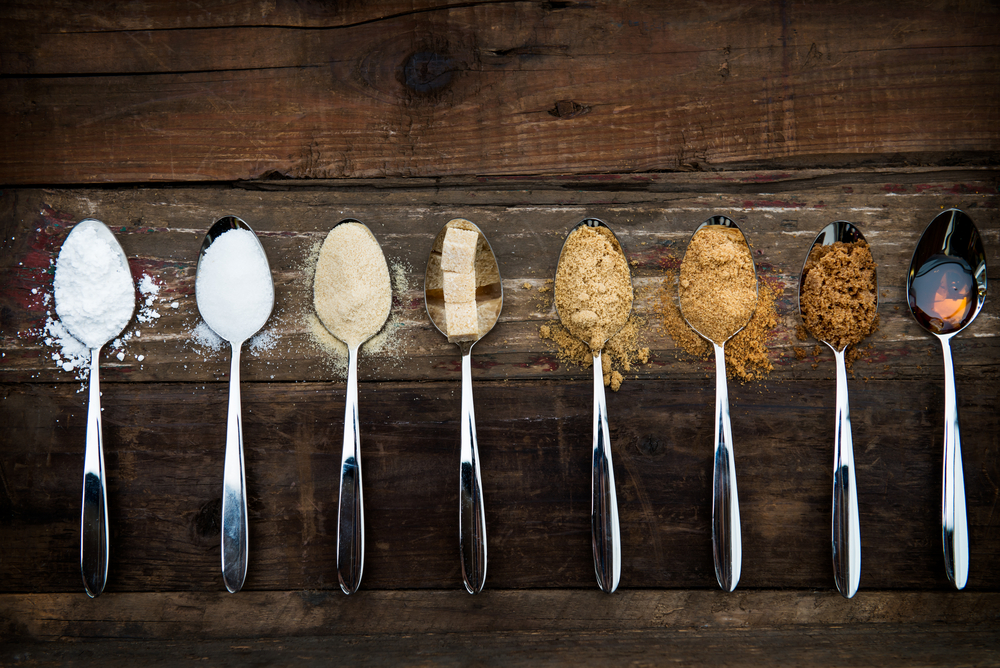
Sugar is sugar is all its forms so be aware of ‘disguised’ sugars, especially in packaged foods. Honey, anything ending in ‘ose’, starch, corn syrup and, importantly, artificial sweeteners are not immune supportive. Why not set aside one day a week when you allow yourself some treats? The good news is that dark chocolate is high in antioxidants, which support the immune system; there’s nothing wrong with having two or three squares a day to give yourself a little boost.
Try to be honest with yourself and see where you can reduce your sugar intake sensibly. You’ll be amazed at how much more energy you’ll have, and you will be doing your immune system and waistline a huge favour.
All images: Shutterstock

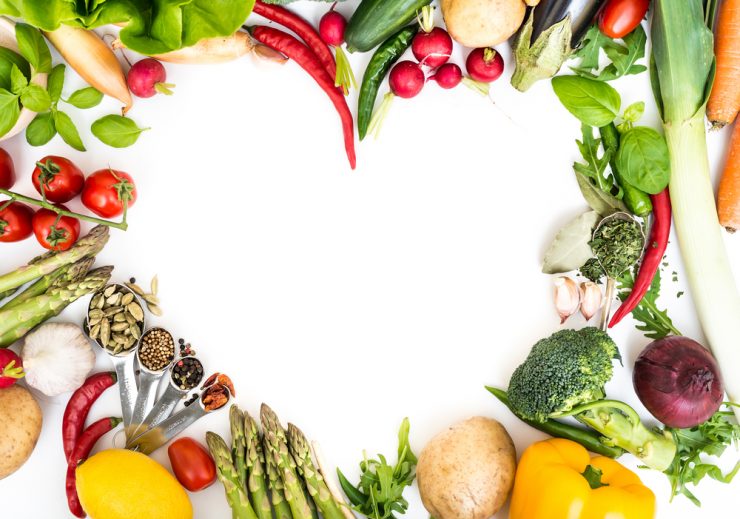





















Add comment